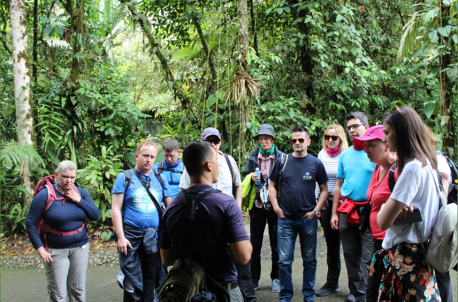Environment
Number of results stories covering this topic: 19

Promote Rural Development for Communities around Protected Areas
In October 2019, the Namibian Ministry of Environment and Tourism, Directorate of Wildlife and National Parks, in partnership with the Namibia Association of Community-Based Natural Resources Management Support Organizations (NASCO), facilitated a seven-day study tour to Namibia for a delegation from South Africa. The program consisted of a…
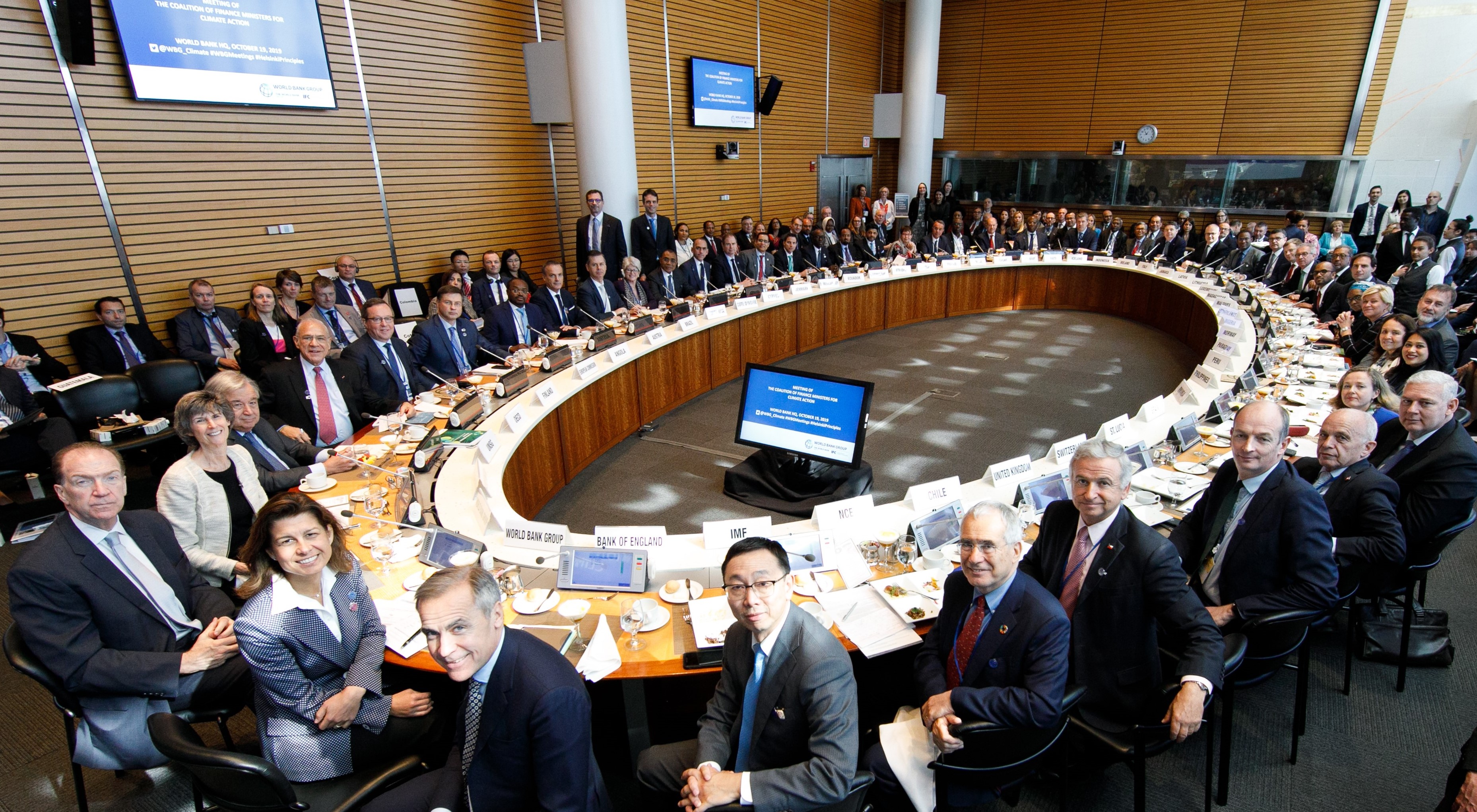
Action Learning Support to CAPE – Climate Action Peer Exchange
Climate Action Peer Exchange (CAPE) is a forum for peer learning, knowledge sharing, and mutual advisory support. It brings together ministers and senior technical specialists from finance ministries across the world, as well as World Bank staff and other international experts, to discuss the fiscal challenges involved in implementing the…
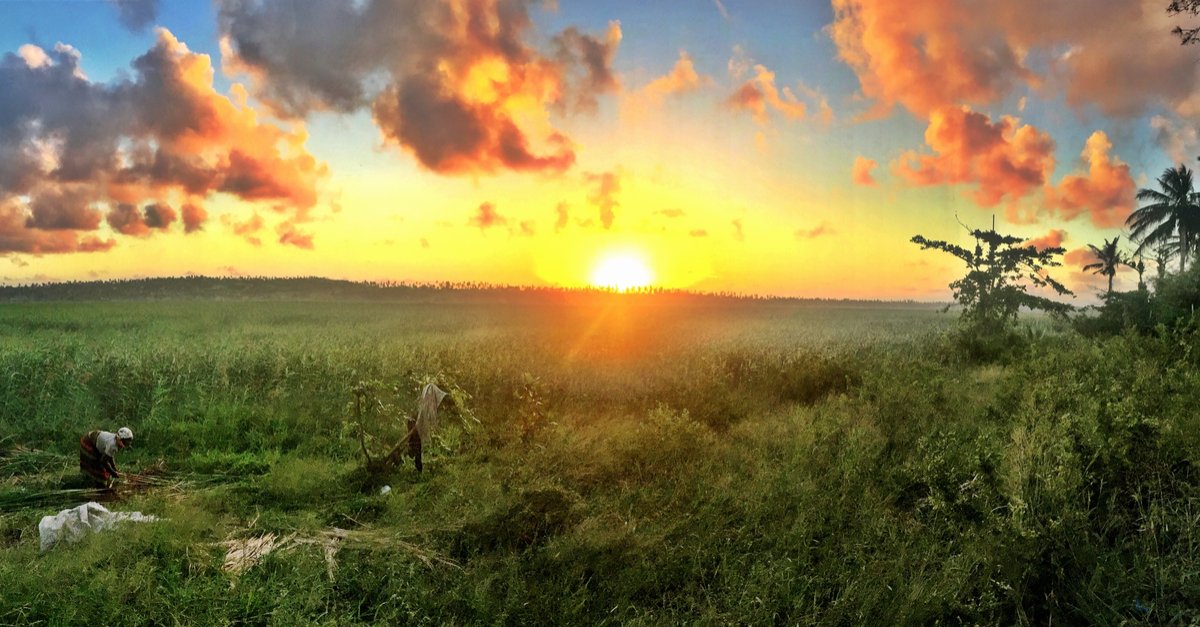
Community-based Initiatives in Conservation Areas in Mozambique
As per a tripartite agreement signed in 2016, the World Bank is supporting a programmatic South-South collaboration between Mozambique and Brazil. Within the framework of this agreement, a knowledge exchange with Brazil was organized in October 2018 to help address the numerous challenges facing the conservation areas in Mozambique. The objectives…
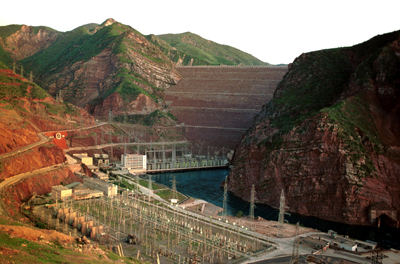
Supporting Large Hydropower Project Design and Planning in Tajikistan
Although Tajikistan enjoyed impressive economic growth in the first decade of the new millennium, most of the growth was based on good fortune and focused narrowly in a few sectors. Needing a strategy to sustain and diversify growth over the medium to long term, the government of Tajikistan (GOT) began the long process of developing its hydropower…
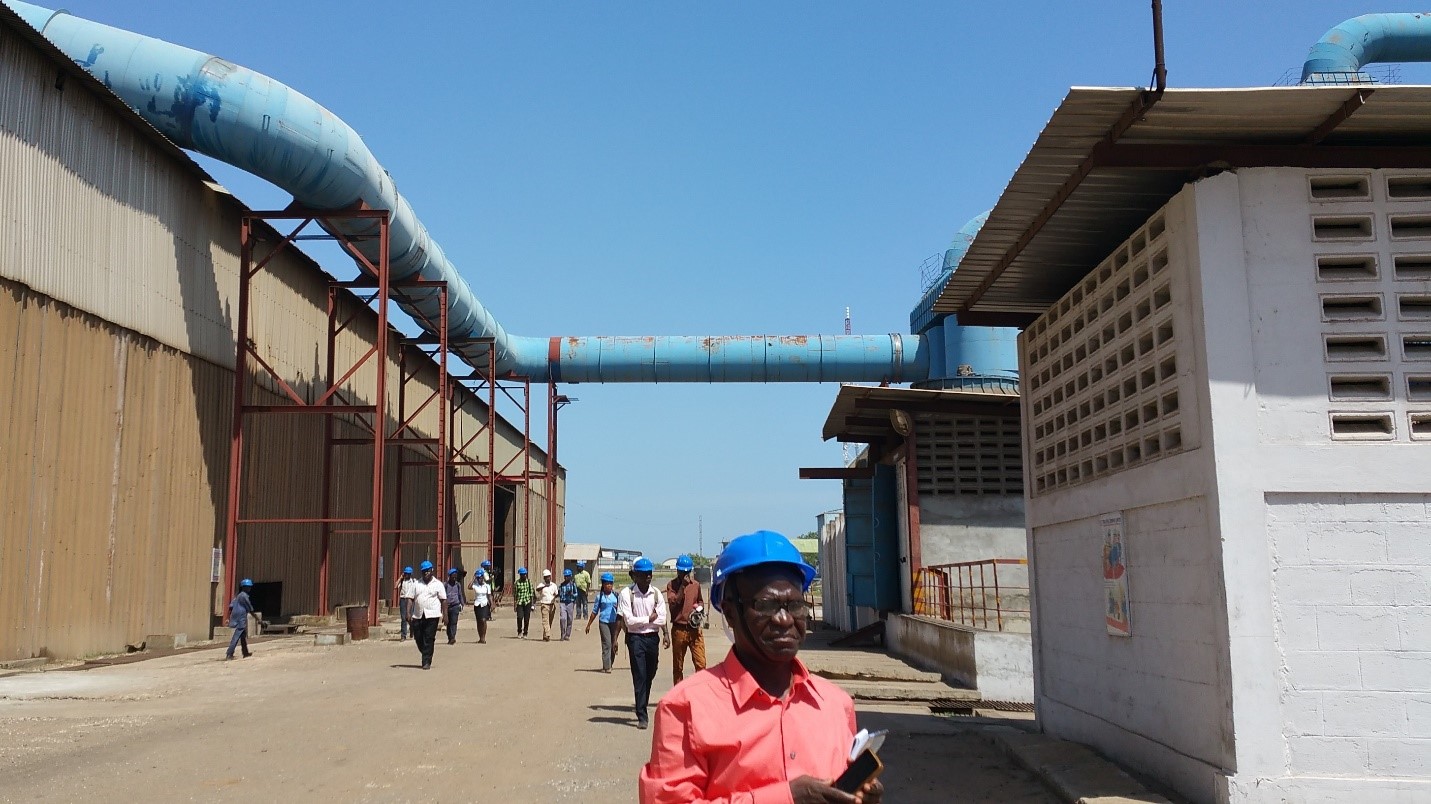
Environmental Regulation in India’s Odisha State
In 1995, with technical assistance from the World Bank, Indonesia introduced its Program for Pollution Control Evaluation and Rating (PROPER), the first such environmental rating and disclosure (ERD) initiative in the developing world. With experience from Indonesia, the World Bank helped introduce the concept to other countries, including Ghana,…
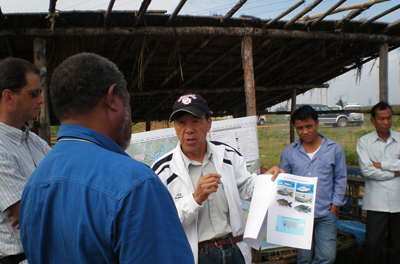
Supporting Hydropower in Papua New Guinea
The Government of Papua New Guinea (PNG) has prioritized tapping renewable energy sources, including hydropower, to increase the share of households with access to electricity from 13 percent to 70 percent by 2030. In 2010, PNG officials began to work with the World Bank to prepare the Energy Sector Development Project (ESDP) to strengthen the…
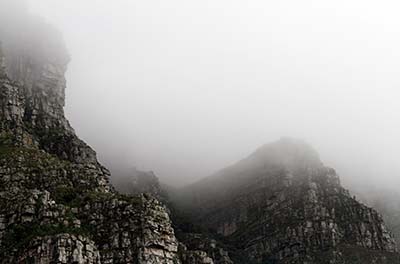
Strengthening Management of Protected Areas in Yemen
In 2008, the Government of Yemen declared the Arabian leopard as its national animal, recognizing the leopard’s endangered status and threats to its habitat, such as human population, prey depletion, and poaching. This declaration focused attention on Yemen’s need to strengthen its management of Protected Areas (PAs), better monitor biodiversity,…
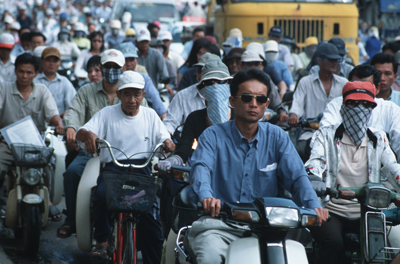
Improving Urban Transportation in Ho Chi Minh City, Vietnam
Like other cities in rapidly industrializing Vietnam, fast-growing Ho Chi Minh City must invest in urban transportation, including new and better roads, a metro network, and a modern bus rapid transit (BRT) system. Lacking the full knowledge and skills needed to plan, build, and maintain such a transport network, Vietnam sought the help of the…
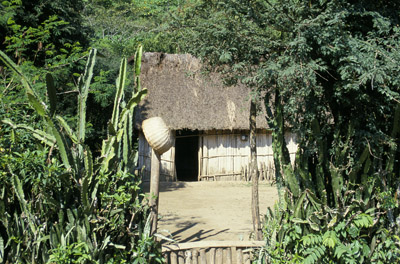
Helping Indigenous Communities in Nicaragua Manage Forest Resources
The Government of Nicaragua (GoN) supports indigenous communities in the Northern Atlantic and Southern Atlantic Autonomous Regions (RAAN and RAAS) in their efforts to take ownership and manage their own forest resources---a policy that helps reduce poverty in the communities while also fighting ecological degradation. Although the Nicaraguan…
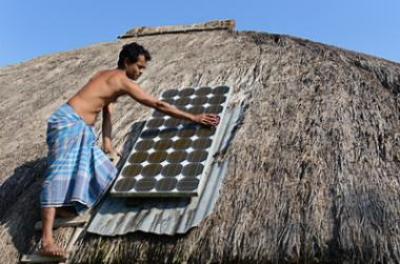
Promoting Renewable Energy Certificates and Sustainable Energy Certificates in Thailand
The Government of Thailand recognized the need to modify its existing energy policy to become more energy efficient, reduce greenhouse gas emissions, promote economic development, and establish environmental leadership in the Mekong region. The exchange with India facilitated policy change regarding developing private sector confidence in…
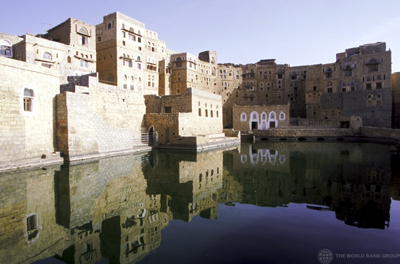
Yemen and China Share Knowledge on Management of Coastal and Marine Areas
Yemen’s 2,250 kilometers of coastline and fisheries provide livelihoods to over 2 million people, but coastal zones have been suffering from lack of management, and fishing production in Yemen has been declining since 2006. China, meanwhile, had successfully accessed World Bank assistance to establish a strong coastal management system that…
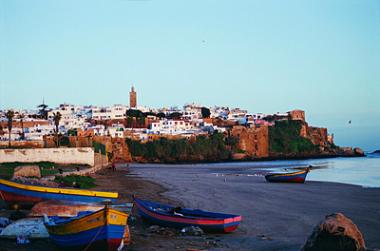
Creating Jobs through Protecting Morocco’s Coastline
Morocco sought to learn from India’s success in dealing with coastal zone overexploitation to help address sustainable management of its coastal resources for rapid and sustainable growth, improved governance, poverty eradication, and better social conditions to benefit smallholder farmers and fishermen as well as private sector investors.…
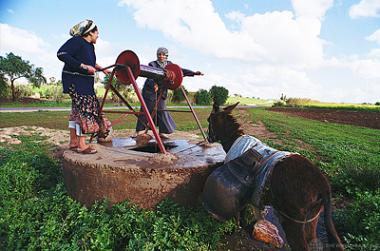
Knowledge and Experience Exchange on Integrated Water Resources Management Aspects between China and Morocco
To develop innovative and successful methods to address increasing water scarcity and over-exploitation of fresh and groundwater supplies affecting its agricultural industry, the Government of Morocco participated in an exchange visit to China. The exchange focused on the use of remote sensing technology applied to water management and monitoring…
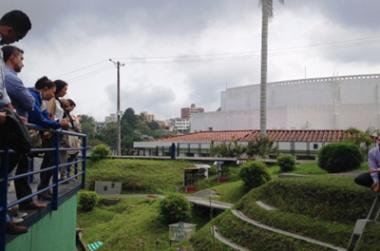
Improving Disaster Risk Management in Honduras. Incorporating risk management into land use planning: A study tour with Colombi
Honduras sought to minimize the adverse impacts of natural disasters by including disaster risk management (DRM) and environmental considerations into overall development and land use planning at the national, regional, and local levels. A study tour in Colombia, combined with two workshops in Honduras, led officials to develop an Action Plan that…
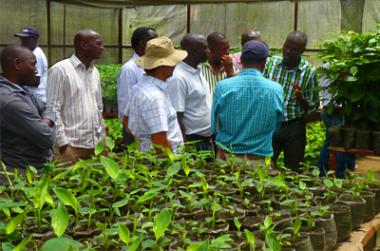
Implementing and Sustaining Shade-Grown Coffee in Burundi and Rwanda: An Exchange of Traditions with Colombia and Ethiopia
In a strategy to strengthen the coffee sector in Burundi and Rwanda, both countries demonstrated interest in implementing shade-grown coffee programs that will promote sustainable economic development and redress land degradation. Putting in place such programs required increased stakeholder ownership and specific technical and organizational…
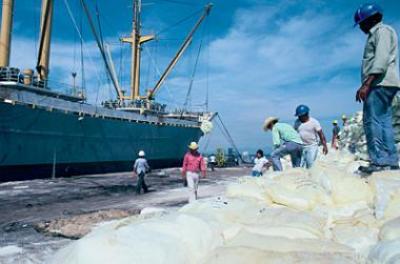
Sharing Experience in Promoting Green Growth
The state of Himachal Pradesh in India recognized the need to design its development strategy that included policies for sustainable management of natural resources and inclusive economic growth. Mexico had experience with including green growth and managing climate change into their own development agenda. Himachal Pradesh officials engaged…
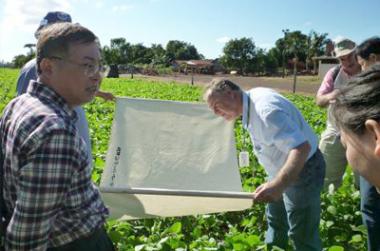
Learning International Best Practices on Conservation Agriculture from Brazil
The Chinese Province of Guangdong wanted to increase its knowledge of conservation agriculture practices that would help achieve sustainable crop production and reduce surface water pollution. During its exchange with Brazil, the Province learned about good conservation agriculture practices and the policies and technical support needed to promote…
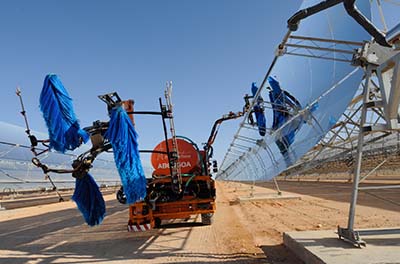
Learning from Successful Experiences in Developing Large Scale Concentrated Solar Power in Morocco and Egypt
As China prepared to implement its first-ever concentrated solar power (CSP) project, it wanted to learn from the experiences of other states with existing CSP projects. To that end, China approached the South-South Facility at the World Bank Institute to support a study tour to Egypt and Morocco—two countries with CSP projects that the World Bank…

 China
China Colombia
Colombia Denmark
Denmark India
India Indonesia
Indonesia Mexico
Mexico Russian Federation
Russian Federation Spain
Spain United Kingdom
United Kingdom